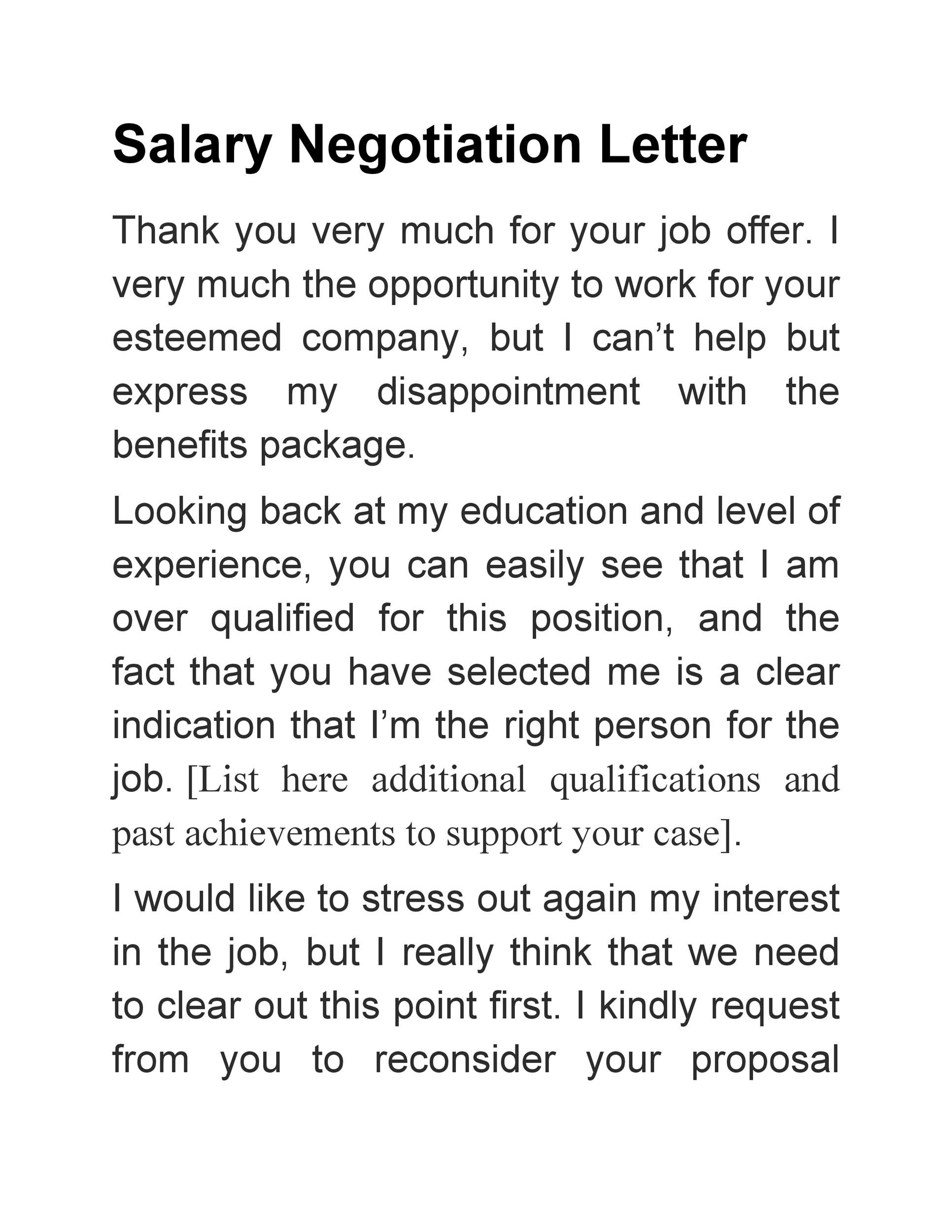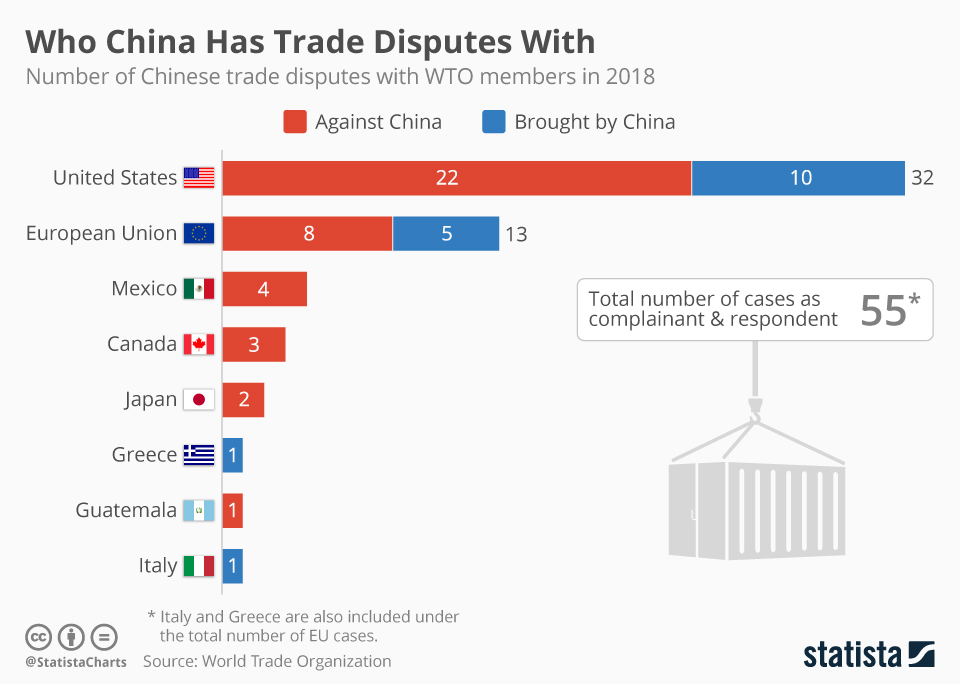'Best And Final' Job Offer: Your Negotiation Power Remains

Table of Contents
Understanding the "Best and Final" Tactic
Employers often use the "best and final offer" tactic to quickly conclude negotiations. While it sounds definitive, it doesn't always mean there's no room for compromise. It's a common negotiating strategy, not necessarily a reflection of their absolute limit.
- It's a negotiating tactic, not an absolute. Think of it as their opening gambit in the final round.
- Employers may be bluffing. They might be trying to save time and resources by appearing inflexible.
- They might be willing to budge on certain aspects. While the overall salary might be fixed, there might be flexibility in benefits, start date, or other perks.
- Understand the employer's perspective and motivations. Why are they making this a "best and final" offer? Knowing their perspective can inform your counter-strategy.
Analyzing Your Leverage
Before responding to a "best and final" job offer, assess your negotiating leverage. What makes you a valuable asset to this company? What alternatives do you have? A strong position significantly impacts your ability to negotiate.
- High demand for your skills in the job market. Are your skills in short supply? This strengthens your position.
- Multiple competing job offers. Having other offers demonstrates your desirability and gives you significant leverage.
- Your unique expertise and experience. Do you possess specialized knowledge or skills crucial to the company's success? Highlight this.
- Your contributions during the interview process. Did you impress them with your problem-solving skills or innovative ideas? Remind them.
- Your understanding of the company's current needs and challenges. Demonstrate your awareness of their business goals and how you can contribute to their success.
Strategic Negotiation Techniques for "Best and Final" Offers
Even with a "best and final" offer, effective negotiation is still possible. Focus on specific elements of the package, rather than trying to renegotiate the entire salary.
- Focus on specific elements: Instead of contesting the base salary, consider negotiating benefits like health insurance, retirement contributions, paid time off (vacation time), signing bonuses, professional development opportunities, or a flexible work arrangement.
- Highlight your value: Reiterate your unique skills and experience, emphasizing how your contributions directly benefit the company's bottom line. Quantify your achievements whenever possible.
- Use data: Back up your requests with market research on salary benchmarks, industry standards, and competitor compensation packages. This demonstrates you're informed and reasonable.
- Express gratitude but maintain firmness: Acknowledge their offer with appreciation, but clearly and politely state your desired adjustments.
- Consider a counter-offer: Present a revised proposal, outlining your specific requests and justifying them with data and reasoning. Be prepared to compromise.
- Be prepared to walk away: Know your bottom line and be willing to decline the offer if your needs aren't met. This shows confidence and can sometimes lead to a better final offer.
Recognizing When to Walk Away
Sometimes, the "best and final" offer isn't truly the best for you. Learn to identify situations where accepting might not be in your best long-term interest.
- Unrealistic expectations vs. market value. If the offer significantly undervalues your skills and experience compared to industry standards, it's time to reconsider.
- Significant concerns about company culture or leadership. Negative reviews or red flags during the interview process shouldn't be ignored.
- Unfavorable work-life balance. If the job demands excessive hours or lacks flexibility, it might not be the right fit, regardless of compensation.
- Insufficient opportunities for growth and advancement. Consider the long-term prospects. Will this job allow for professional development and career progression?
Conclusion
Receiving a "best and final" job offer doesn't automatically signal the end of negotiations. By carefully analyzing your leverage, employing strategic negotiation techniques, and knowing when to walk away, you can still secure the best possible terms. Remember to prioritize your needs and career goals. Don't let the pressure of a "best and final" job offer diminish your negotiating power. Take control and secure the compensation and benefits you deserve! Use the strategies outlined above to confidently navigate your next "best and final" job offer negotiation and achieve your desired salary and benefits package.

Featured Posts
-
 China And Us Trade Relations A Race Against The Clock
May 24, 2025
China And Us Trade Relations A Race Against The Clock
May 24, 2025 -
 Open Ai Unveils New Tools For Streamlined Voice Assistant Development
May 24, 2025
Open Ai Unveils New Tools For Streamlined Voice Assistant Development
May 24, 2025 -
 Dylan Dreyers Post Mishap Relationship With Today Show Colleagues
May 24, 2025
Dylan Dreyers Post Mishap Relationship With Today Show Colleagues
May 24, 2025 -
 Jonathan Groffs Just In Time Opening Lea Michele And Co Stars Celebrate
May 24, 2025
Jonathan Groffs Just In Time Opening Lea Michele And Co Stars Celebrate
May 24, 2025 -
 Character Ai Chatbots And Free Speech A Legal Grey Area
May 24, 2025
Character Ai Chatbots And Free Speech A Legal Grey Area
May 24, 2025
